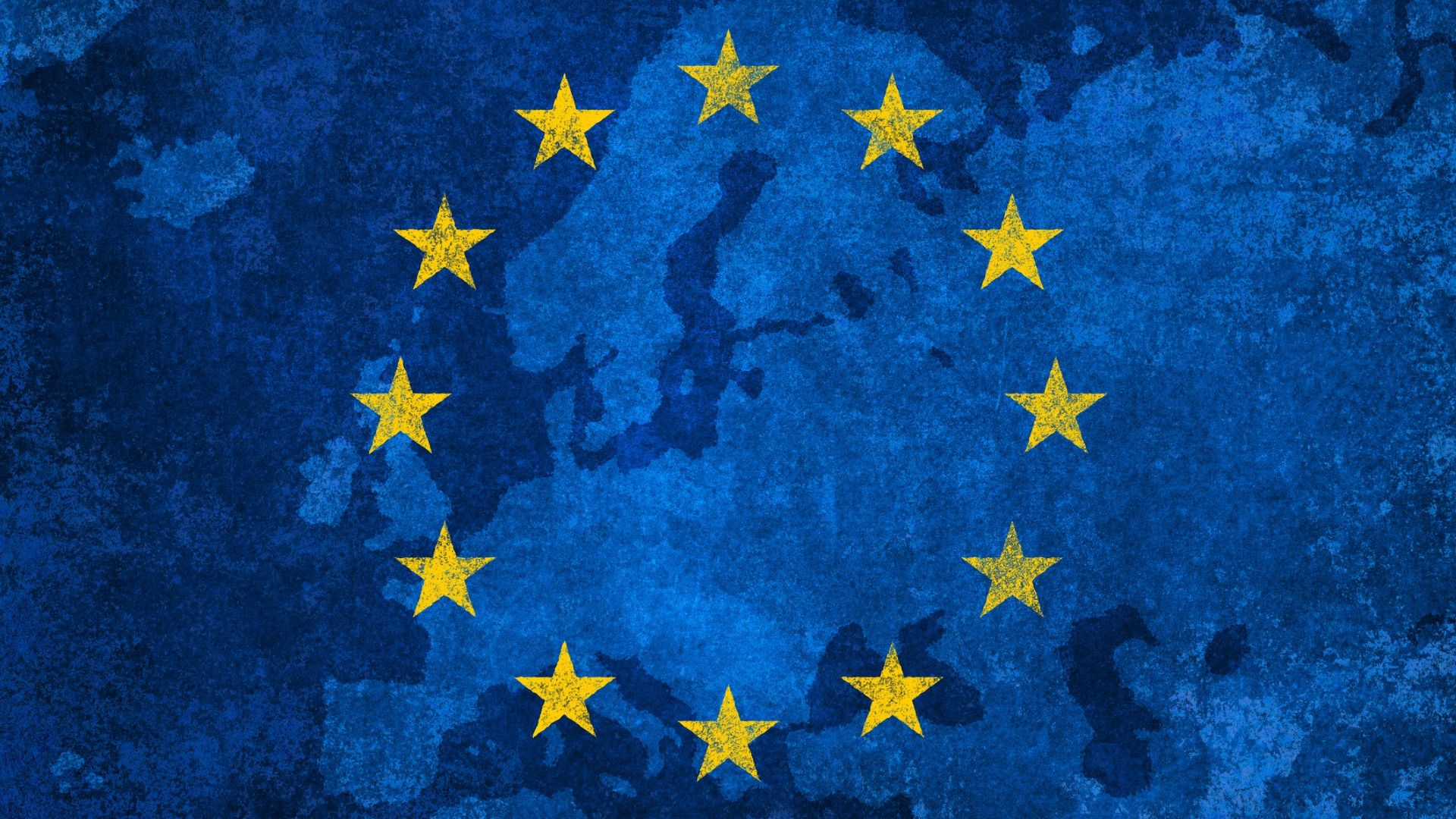Chat Control: Germany, Belgium, Italy, and Sweden shift their positions ahead of the October 14 meeting
Support for the controversial Child Sexual Abuse Regulation remains stronger

Sign up for breaking news, reviews, opinion, top tech deals, and more.
You are now subscribed
Your newsletter sign-up was successful
- EU nations are shifting their position on the Child Sexual Abuse Regulation (CSAR) ahead of the crucial October 14 meeting
- Support remains stronger, with 12 nations currently backing the proposal
- So-called Chat Control seeks to introduce mandatory scanning of citizens' private chats, raising privacy and security concerns
Less than two weeks away from another crucial meeting, EU nations are shifting their position on the Child Sexual Abuse Regulation (CSAR).
Germany previously made headlines for joining the countries opposing mandatory chat scanning. Yet, according to the latest data, the nation is now back among the undecided countries – and so is Belgium. On a more positive note, the likes of Italy, Sweden, and Latvia went from backing the bill to being undecided.
Support for the controversial proposal to scan all European citizens' chat remains stronger, though, with 12 countries backing the bill at the time of writing.
What's been nicknamed Chat Control seeks to introduce new obligations for all messaging services operating in Europe to scan users' chats – even if they're encrypted – in the search for both known and unknown CSAM material. A measure that has attracted strong criticism among political ranks and the tech industry alike.
Now, pressure from within the EU Council and domestically has led to some changes among member representatives. That's something that could seriously affect the outcome of the meeting with the EU Justice Minister set for October 14.
"A disinformation campaign"
EU Council members were called to share their final positions on the Danish proposal of Chat Control on September 12, 2025. The bill failed to attract the necessary support yet again, but the Danish presidency decided to move forward nevertheless.
As a source with knowledge of the matter told TechRadar back then, Danes were expected to use the time left before October 14 to try to convince some of the member states to reconsider their position.
In this regard, the German jurist and former Member of the European Parliament, Patrick Breyer, reported that during the September 12 meeting, Denmark claimed that the European Parliament would refuse to extend the voluntary scanning law if the Council didn't find an agreement.
That's something that Breyer previously deemed as a "political backmail" and, now, called out as a "blatant lie."
🇪🇺🚨 EXPOSED: EU Council Presidency is using a lie to blackmail EU governments into passing #ChatControl, a law to scan every private message & photo you send. Your privacy is on the line. Read the full story and call your government now: https://t.co/EdSUcdNdGR#StopScanningMeSeptember 24, 2025
"There is no such decision by the European Parliament. There has not even been a discussion on this issue," Breyer said. "We are witnessing a shameless disinformation campaign to force an unprecedented mass scanning law upon 450 million Europeans."
Lobbying is clearly working on the likes of Germany, which is thought to be a decisive factor in the Chat Control saga.
Breyer is now calling all EU governments, but especially Germany, "not to fall for this blatant manipulation."
He said: "To sacrifice the fundamental right to digital privacy and secure encryption based on a fabrication would be a catastrophic failure of political and moral leadership."
What's next?
The EU Council is now set to meet with the EU Justice Minister on October 14. What was previously thought to be only a formal sign-off is now deciding whether or not the proposal will land in the Parliament for the final trilogue negotiations.
If Chat Control manages to survive the next step, "our only chance is that the Parliament defends encryption in the trilogue negotiations," Director of Government Affairs and Advocacy at the Internet Society, Callum Voge, told TechRadar.
Experts have long argued against the privacy and security dangers of so-called client-side scanning and the risks of undermining encryption. A concern that has pushed over 500 scientists to sign an open letter for the third time since 2022. Something that some of the best VPN providers slam as "a major step backwards for privacy," too.
Chat Control is far from being the only proposal that could endanger encryption protections for Europeans – and VPNs may also become a target next time, as some EU experts explicitly mentioned them as "key challenges" to investigative work.
You might also like

Chiara is a multimedia journalist committed to covering stories to help promote the rights and denounce the abuses of the digital side of life – wherever cybersecurity, markets, and politics tangle up. She believes an open, uncensored, and private internet is a basic human need and wants to use her knowledge of VPNs to help readers take back control. She writes news, interviews, and analysis on data privacy, online censorship, digital rights, tech policies, and security software, with a special focus on VPNs, for TechRadar and TechRadar Pro. Got a story, tip-off, or something tech-interesting to say? Reach out to chiara.castro@futurenet.com
You must confirm your public display name before commenting
Please logout and then login again, you will then be prompted to enter your display name.